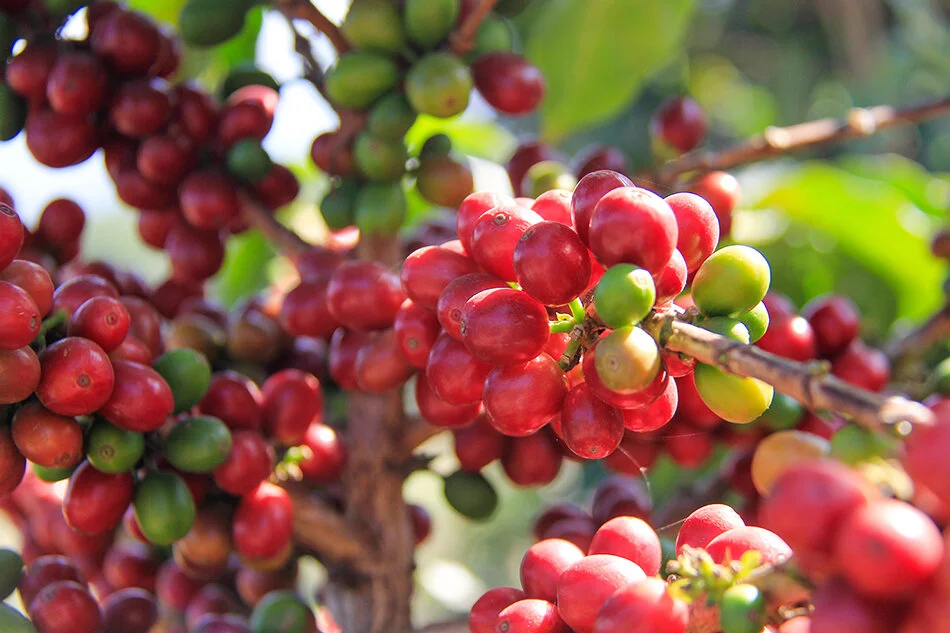By: Madeline Malpass
In recent years, the issue of climate change has been brought to light. Our world is changing, and with that comes individuals and businesses working to incorporate sustainable products in an effort to allow individuals to live sustainable lifestyles. Tom Heffron is one of these individuals who focuses on sustainability in the industry to slow and reverse the climate change our world is facing.
Spartan Global was lucky enough to have Tom attend one of our meetings to discuss our topic for the month, sustainable business and a changing climate. Tom is an MSU alumnus who focused on Latin American studies, attended law school, and now lives in Guatemala and owns a coffee company: MI Guate Select. A second business that connects growers with the market created by MI Guate. Tom focuses primarily on the supply chain and expansion of business in Latin America. His company connects with individual, small-medium-sized Guatemalan Coffee farms and provides access to the supply chain.
For Tom, sustainability means two things. First, a business can sustain itself; secondly, a business’s ability to do business without irreversibly damaging the world’s ecology. Coffee farming is a highly water-intensive industry, meaning that farms must be near a water source. However, many times, runoff from the farming process is absorbed back into these sources, leading to pollution and degradation. Tom’s role is to ensure that coffee farmers can access water-efficient processing equipment that can recycle water and do not pollute. Even though coffee farming can cause degradation, more macro-level climate changes profoundly affect the industry and its farmers through no fault of their own.
Additionally, Tom discussed the role of elevation and climate change within the coffee industry. Many coffee plantations are located at higher elevations, where the air is brisker, and the temperature is perfect for higher quality beans. However, the climate is rising, meaning that the quality of beans is degrading. Tom predicted that high-quality coffee would have to be grown higher and higher in elevation, creating more overhead.
Tom contrasted his business with large companies such as Starbucks. These corporations work to connect with growers, and Starbucks themselves started by creating these equitable relationships. However, Starbucks works to import and create bulk access to cheap, high-quality, and in doing so, no longer produces these honest relationships. However, Starbucks does work to support sustainable farming practices.
Tom also discussed the importance of sustainable finance. He stressed that microfinance is essential to business and knowing your partners and their goals and ambitions. Tom believes that microfinance should continue in Guatemala to help equity on multiple fronts, including gender equality, as women have been proven to be more reliable lending partners.
Tom’s experience and insights on sustainable business and a changing climate are crucial to the work Spartan Global is doing. From microfinance to climate change, Tom’s insights were a great way to close out this challenging year, and we look forward to what is to come in 2021!

